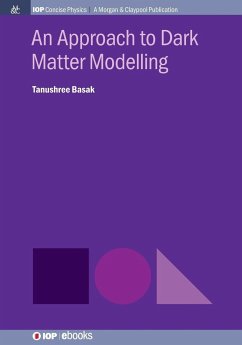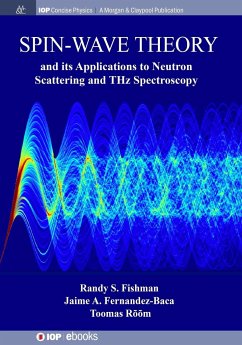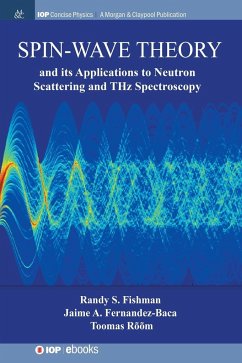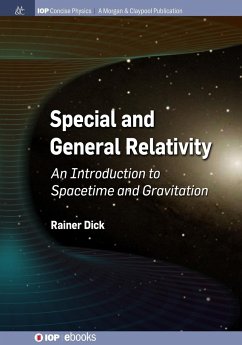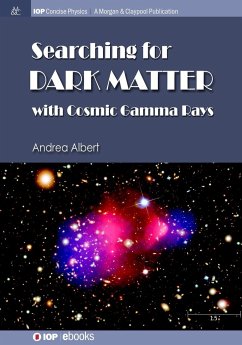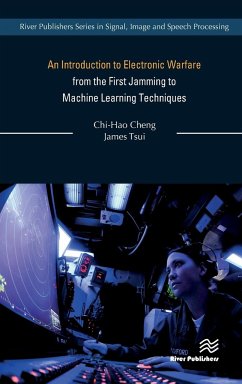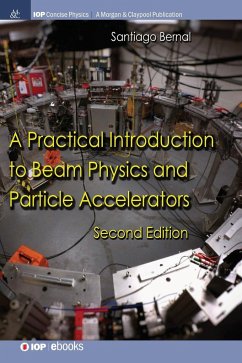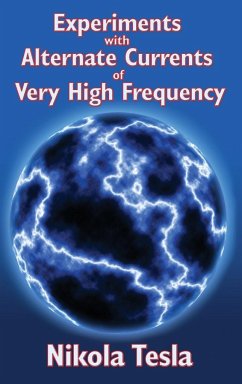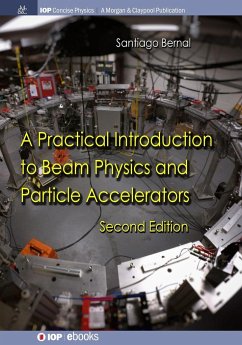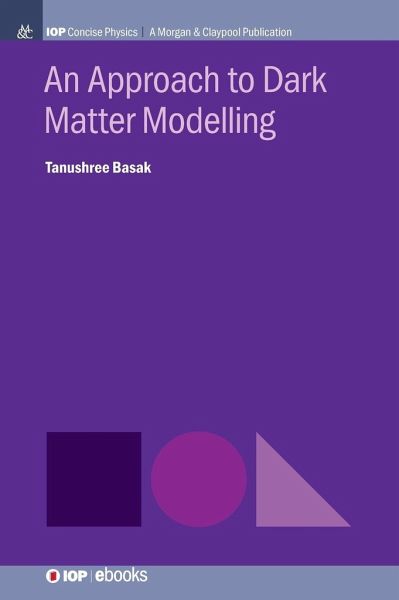
An Approach to Dark Matter Modelling
Versandkostenfrei!
Versandfertig in 1-2 Wochen
52,99 €
inkl. MwSt.
Weitere Ausgaben:

PAYBACK Punkte
26 °P sammeln!
In the field of particle and astrophysics, one of the major unresolved problems is to understand the nature and properties of dark matter, which constitutes almost 80% of the matter content of the universe. This book gives a pedagogical introduction to the field of dark matter in general, and in particular to the model building perspective. Starting from the evidence and need for dark matter, it goes into the deeper understanding of how to accommodate a dark matter candidate in a particle physics model. This book focuses on teaching the basic tools for model building of dark matter, starting f...
In the field of particle and astrophysics, one of the major unresolved problems is to understand the nature and properties of dark matter, which constitutes almost 80% of the matter content of the universe. This book gives a pedagogical introduction to the field of dark matter in general, and in particular to the model building perspective. Starting from the evidence and need for dark matter, it goes into the deeper understanding of how to accommodate a dark matter candidate in a particle physics model. This book focuses on teaching the basic tools for model building of dark matter, starting from the easiest to gradually the difficult one. Although there are plenty of dark matter models available in the literature, this book concentrates on the important ones. This book aims to motivate the reader to propose a new dark matter model complying with all observational constraints.





